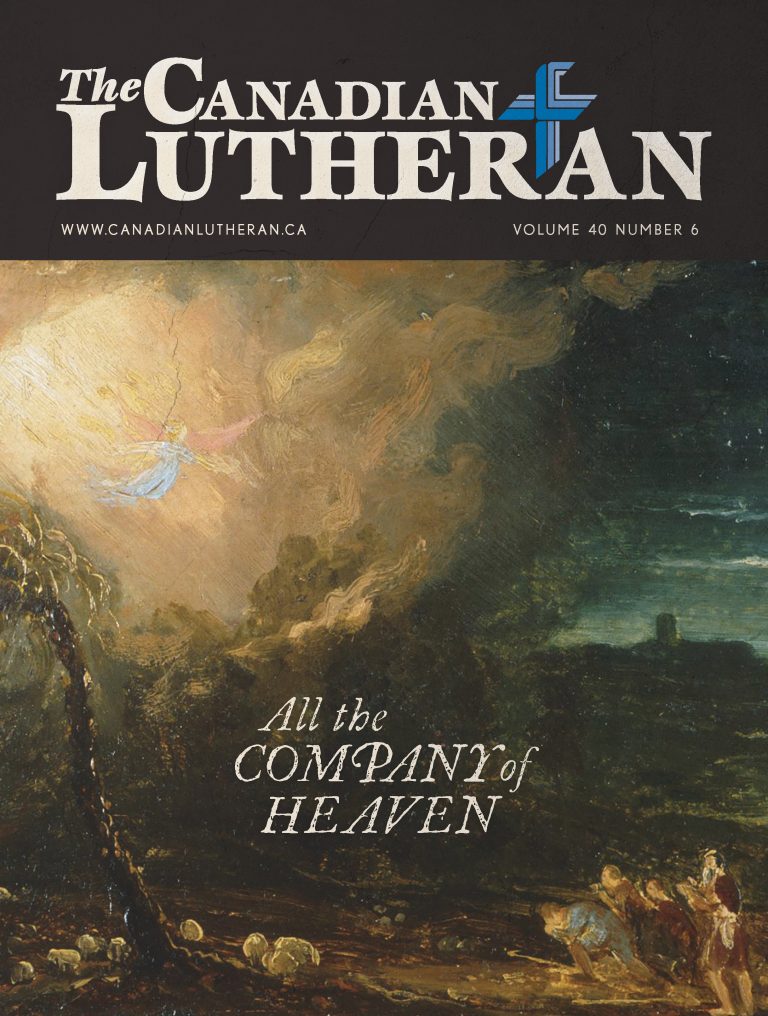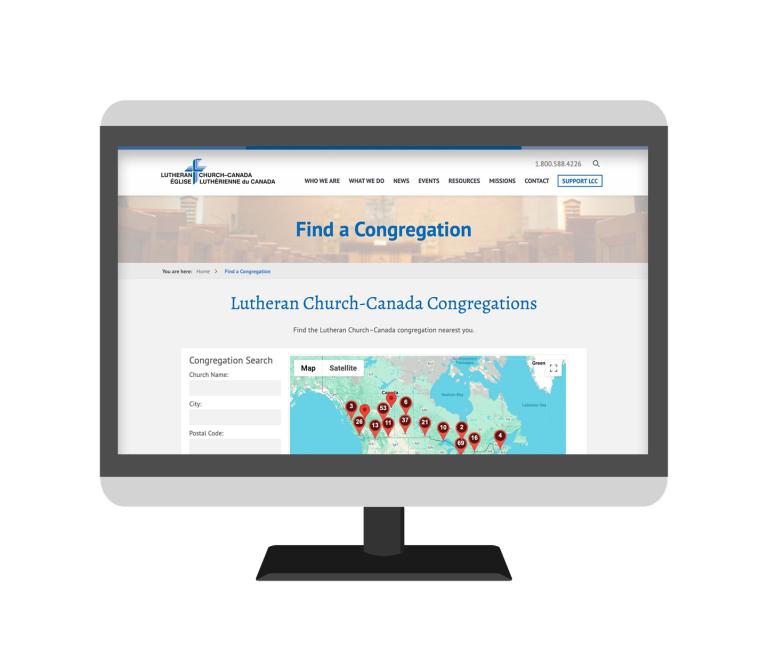Update on seminary cooperation
 ST. CATHARINES, Ont. and EDMONTON – Almost 18 months have passed since a Memorandum of Understanding (MOU) was signed by Lutheran Church–Canada’s (LCC) Board of Directors and the church’s two seminaries: Concordia Lutheran Seminary (CLS) in Edmonton and Concordia Lutheran Theological Seminary (CLTS) in St. Catharines, Ontario. Recently, representatives from LCC, CLTS, and CLS held an online meeting to discuss the implementation of the MOU thus far.
ST. CATHARINES, Ont. and EDMONTON – Almost 18 months have passed since a Memorandum of Understanding (MOU) was signed by Lutheran Church–Canada’s (LCC) Board of Directors and the church’s two seminaries: Concordia Lutheran Seminary (CLS) in Edmonton and Concordia Lutheran Theological Seminary (CLTS) in St. Catharines, Ontario. Recently, representatives from LCC, CLTS, and CLS held an online meeting to discuss the implementation of the MOU thus far.
There is good news, financially speaking. Both seminaries finished the 2011-2012 fiscal year in the black. Moreover, the long-term debt at CLTS has been reduced by about 1/3 since the 2008 convention.
On academic matters, all parties highlighted the success of offering classes together via the internet. In these joint courses—seven of which take place this academic year—, a professor teaches a course at his own institution while students at the other seminary take part through video conferencing.
Interim President Norman Threinen (CLS) says this approach is yielding success: “Students have the benefit of a larger pool of professors,” he explains, “who contribute from their varied backgrounds and experiences.” A direct correlation is a more manageable workload for instructors: “The course load for professors has been somewhat lightened,” he says.
President Thomas Winger (CLTS) agrees: “Not only do joint courses allow an efficient use of overworked faculty members,” he explains, “but the students get to experience a broader spectrum of teachers, and everyone gets to know fellow Lutherans at the other end of the country.”
Of course, video-conferencing is not the solution to every problem: there can be technical problems such as slow internet. “And perhaps the human touch is missing,” President Winger suggests. “This is why we don’t believe that we will ever teach a complete programme of pastoral training over the internet. Some things just have to be done by a live teacher.” But, he continues, when used well, online video-conferencing is an effective tool: “Already there have been colloquy students and laypeople entering into classes at a distance that could not have done so before.”
There is still work to be done in bringing the two seminaries’ work into harmony. “Additional lining up of courses between the two seminary curricula needs to be done,” says Interim President Threinen, “especially in Systematic and Practical Theology areas.” The process has been delayed somewhat due to course sequencing differences between the two schools. “The challenge,” Interim President Threinen continues, “will be to plan so that the two faculties complement each other rather than duplicate instructional and administrative strengths.”
Both presidents stressed that a merger of the seminaries is not likely to happen—at least in the near future—for a number of reasons. “There is a common misunderstanding in our synod that the MOU requires the two seminaries to move inexorably towards an institutional union,” said President Winger. “There are many reasons why this may not be possible or desirable,” he explained, “though we continue to keep an open mind towards it.”
Interim President Threinen likewise mentioned the need to clarify that, for a number of reasons—the MOU committee has noted legal, financial, and geographical reasons among them—, the “much-expected merger” is not on the immediate horizon. “More important,” President Winger said, “is that we work together to be efficient with our church’s resources and to develop the family ties of our synod.”
There have also been growing pains with the MOU as the various partners learn how best to fulfill their individual duties. Misunderstandings have arisen, for example, on the financial support provided to the seminaries through LCC Financial Ministries. And LCC’s Board of Directors (BOD) gained responsibility for recruitment in the MOU. The BOD has delegated these duties to the Council of Presidents (COP), which is still settling into its new responsibilities.
Indeed, the importance of recruitment is underscored by the fact CLS had no first-year class this year. The COP met in October to discuss strategies in encouraging people to actively consider the ministry. As President Winger of CLTS said, “If we have a goodly number of good quality students, everything else will follow of its own accord, under the grace of God.” Some of the COP’s initiatives will begin appearing in the new year.
“I thank God for the way our seminaries are working together,” said LCC President Robert Bugbee. “They’re serious about ensuring strong pastoral training in our synod for years to come.”
The MOU committee has met three times since the MOU was adopted, and a fourth meeting is scheduled for January. The two schools’ Boards of Regents will also be meeting together in January, and will undertake a thorough review of the MOU at that time.
——————–






